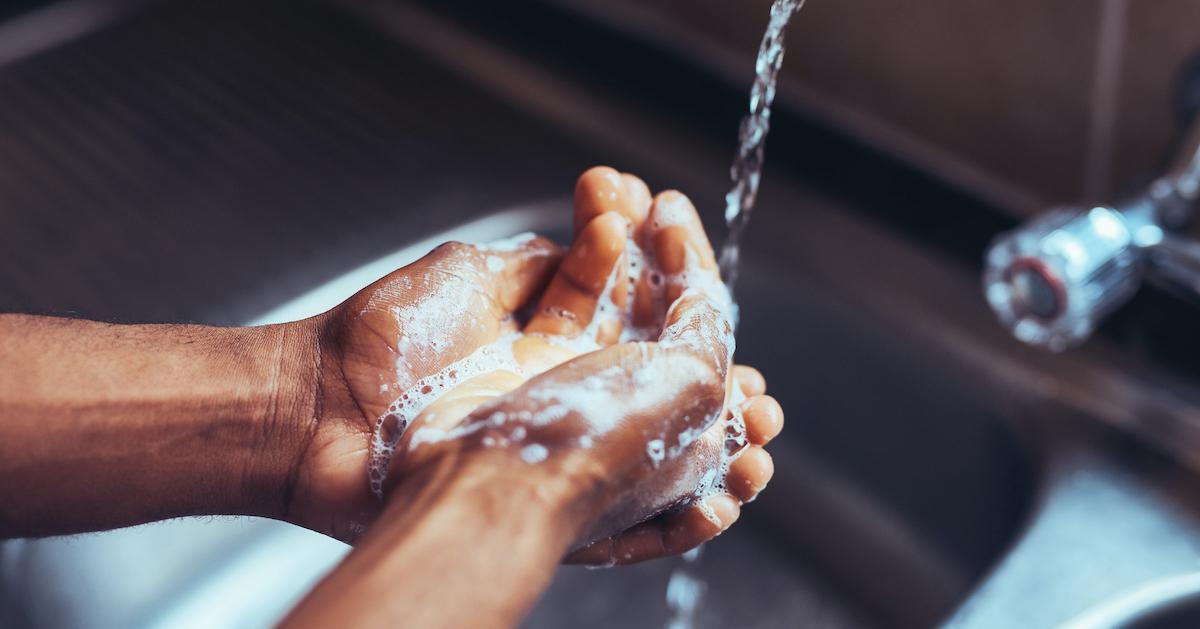
Reduce Water Wastage in Households: Smart Solutions for Tech Enthusiasts
Share
In an age where technology is advancing at an unprecedented pace, it's imperative for tech professionals and enthusiasts to leverage their expertise in tackling pressing global issues. One such concern is how to reduce water wastage in households. As we continue to innovate, integrating smart solutions into our homes can significantly decrease our water footprint, ensuring a more sustainable future.

Understanding the Importance of Conserving Water
Water is an invaluable resource that sustains life. Yet, despite its abundance, only a small fraction is usable for human activities. The need to reduce water wastage in households has never been more urgent. According to the EPA, the average American family uses over 300 gallons of water per day at home. This statistic underscores the potential impact of wasteful habits on our environment and water supply. By adopting smart technologies and practices, tech enthusiasts can play a crucial role in conserving this precious resource.
Smart Home Technologies for Water Conservation
Tech advancements have paved the way for intelligent solutions that can drastically reduce water wastage in households. Here are some smart home technologies and practices that can help conserve water:
1. Smart Irrigation Systems
Traditional irrigation systems are often inefficient, leading to unnecessary water consumption. Smart irrigation systems, however, utilize sensors and weather data to optimize watering schedules. By adjusting water usage based on soil moisture levels and weather forecasts, these systems ensure that landscapes receive just the right amount of water, thereby minimizing waste.
2. Low-Flow Fixtures and Smart Faucets
Replacing conventional faucets, showers, and toilets with low-flow alternatives can significantly reduce water usage. Smart faucets, equipped with motion sensors, ensure that water flows only when needed, preventing unnecessary waste. These technologies are not just about saving water; they also contribute to substantial savings on utility bills.
3. Leak Detection Systems
Undetected leaks can lead to substantial water loss over time. Smart leak detection systems monitor your water supply and alert you to any anomalies, allowing you to address issues promptly. By preventing leaks, these systems help conserve water and protect your home from potential water damage.
The Role of IoT in Water Conservation
The Internet of Things (IoT) plays a pivotal role in revolutionizing water conservation efforts. IoT-enabled devices provide real-time data and insights, empowering users to make informed decisions about their water consumption. For instance, smart meters offer detailed usage reports, helping households identify areas where they can cut back on water use. To delve deeper into how IoT is transforming water management, explore AI in Smart Water Systems.
Community and Global Impact
While individual efforts to reduce water wastage in households are commendable, collective action amplifies the impact. By raising awareness and sharing knowledge on water conservation, tech professionals can inspire communities to adopt sustainable practices. Initiatives and campaigns aimed at educating the public about water-saving techniques are vital. Learn more about the significance of spreading awareness through Water Conservation Awareness Campaigns.
Looking Ahead: Future Innovations
The future of water conservation is promising, with emerging technologies poised to make even greater strides in sustainability. Innovations such as water recycling systems and advanced water purification technologies hold the potential to revolutionize how we use and conserve water. For insights into upcoming technologies, check out Future Water-Saving Technologies.
Conclusion
As tech professionals and enthusiasts, we hold the power to drive change by integrating smart solutions into our daily lives. By focusing on how to reduce water wastage in households, we contribute to a more sustainable world. Embracing technology not only conserves water but also sets a precedent for future generations to value and protect our planet's resources.
For practical tips on saving water at home, visit EPA's WaterSense page.

FAQ
How can smart home technology help in conserving water?
Smart home technology, such as IoT-enabled devices, provides real-time data and insights, allowing homeowners to monitor and optimize their water usage. Devices like smart irrigation systems and leak detectors prevent waste and ensure efficient water management.
What are some simple ways to reduce water usage at home?
Simple ways to reduce water usage include installing low-flow fixtures, fixing leaks promptly, and using smart irrigation systems. Educating family members about water conservation can also lead to more mindful water usage.
Why is it essential to focus on reducing water wastage?
Reducing water wastage is crucial because it helps preserve our limited water resources, reduces environmental impact, and leads to cost savings on utility bills. By conserving water, we ensure a sustainable future for generations to come.
